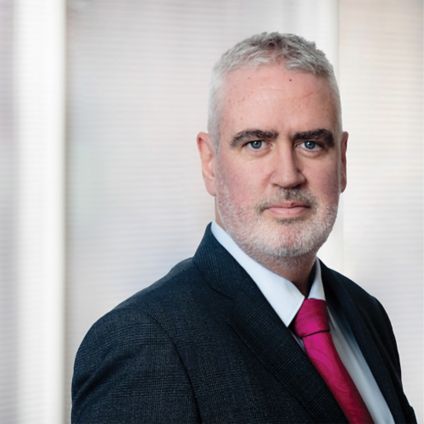Because of climate change, we are faced with a warming world – seen notably these last few weeks, as holiday-goers descended on less-than-snowy Swiss Alps. Soon to arrive at these very same mountains are world leaders, with the power, influence, and incentive to act – and, more importantly, the convening opportunity to act together. This year’s meeting theme: Cooperation in a Fragmented World, raises critical questions of geo-economic fragmentation, financial sector vulnerabilities, and rethinking the current energy, nature and climate systems towards equity. Themes of cooperation across both micro and macro contexts will permeate as companies consider their approach to Corporate Responsibility and addressing the depth and breadth of influence they can have beyond their own operations.
Where is the world now?
Across individuals, institutions, and industry coalitions, recognition of the state of risk and opportunity for climate is increasing. In the last 18 months, an increasing number of jurisdictions are requiring companies to disclose their plans to transition to net zero. Prominent voices in the climate conversation, like Mark Carney, are calling on financial institutions to broaden the scope of their transition plans beyond compliance and towards stewardship. One large financial institution is considering what a systems-level shift looks like to reconcile the state of current inequities, while others have made commitments to stop funding oil and gas completely.
The priority of leading financial institutions is shifting from greening their own balance sheets, to greening the economy. However, this increased awareness is not necessarily purely out of self-interest or perceived altruism, as it may have been several years ago, but focused on systemic change for value creation and a more resilient economy in the long-term.
So, how are organizations harnessing the momentum and the capital in the market to deliver on this vision of systems-level change?
Three key pillars of action
1. Regulation: The increase in regulation, both in expectation in already regulated environments, and the introduction of regulation in other markets, is guiding finance towards a more sustainable business model. Frameworks like the UK’s Transition Plan Taskforce support organizations by setting expectations across the market – driving action in a comparable and standardised way and enabling organizations with the tools to integrate transition planning into wider corporate strategy.
2. Market cooperation: Coalition models and industry collaborations have developed out of key convenings, like World Economic Forum (WEF) and Conference of Parties (COP), to share knowledge and develop best practice methodologies for specific sectors. Organizations like the Glasgow Financial Alliance for Net Zero (GFANZ) have played a significant role in driving the industry forward in recent years and setting pace for action. These coalition models force an organization to think beyond the confines of their own operations, geographies and investments, and ideate what a changing system can and should look like, and their role in changing it.
3. Climate risk & opportunity: The increase in physical and transition risk because of climate change is posing very real challenges to organizations around the world – from interrupted supply chains to stranded assets. Organizations must consider how climate change poses both a risk to their business as usual, and how to mitigate it, but also where new investments, products and strategies pose opportunity for growth and diversification.
However, none of these three pillars acts in isolation. They holistically interlink, and vary depending on regulatory geography, materiality, and maturity of the market. The overarching narrative is the same – systemic change is needed to help advance the financial architecture in an equitable way – but the motivation to do so can vary. The secret is acting anyway.
While the value of convenings like Davos have been critiqued – the case for radical collaboration has never been greater. With WEF’s “Great Reset” (created in response to COVID-19 and the compounding challenges of sustainable development) comes great responsibility. The world needs to move from themes of implementation (which was seen at COP27 this past November), to global alignment. How can WEF’s Annual Meeting in Davos serve to operationalize finance in an effective and equitable way?


